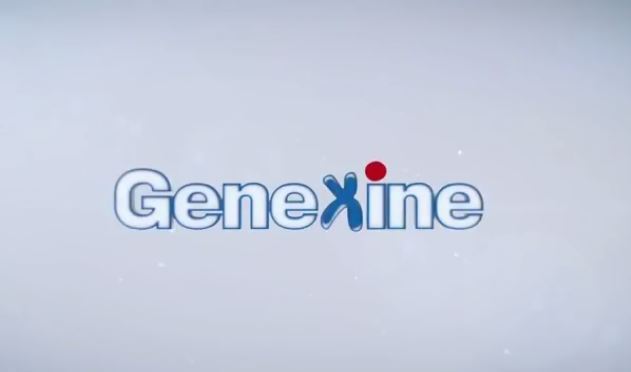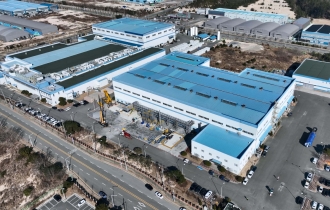Genexine seeks license deal for long-acting growth hormone drug
[THE INVESTOR] Korea’s biotech firm Genexine is gearing up to find the right partner to jointly develop its long-acting drug for growth hormone deficiency currently in mid-stage clinical trials to target the US$4 billion plus market, a company official told The Investor on Jan. 31.
The company’s leading drug candidate HyTropin, also known as GX-H9, is designed to provide a twice monthly or weekly alternative to current daily injection therapy to treat lack of production of growth hormone in adults and children.

“Forging a license deal for HyTropin is one of the key tasks for this year,” she said.
The drug candidate is in phase 2 testing in children and completed phase 2 studies in adults, it also has orphan drug designation in the US.
Genexine plans to submit Investigational New Drug application for initiation of phase 3 clinical programs to the US Food and Drug Administration in the second half of this year.
Following the announcement of positive six-month interim results from the ongoing phase 2 clinical trials in pediatric growth hormone deficiency last year, the firm hopes to share the financial burden for the costly late-stage studies with a larger global partner, she said.
Negotiations for an out-license pact have been ongoing but potential partners are taking a cautious approach as multiple attempts by other developers including Versartis and OPKO to commercialize a long-acting product have fallen short.
To prove a higher rate of success, Genexine is slated to present its 12-month results at the Annual Meeting of the Endocrine Society for Pediatric Endocrinology to be held in Chicago in March, according to the official.
Currently, once-daily treatments from Novo Nordisk and Pfizer hold nearly 50 percent share in the global human growth hormone market worth some US$4 billion.
According to research and consulting firm GlobalData, long-acting growth hormones will eventually replace daily growth hormones, and will capture more than half of the latter’s patient share by the end of 2026.
By Park Han-na (hnpark@heraldcorp.com)
EDITOR'S PICKS
- [Exclusive] Korean military set to ban iPhones over 'security' concerns
- SK CEOs vow to bolster corporate value-up drive
- Aging population to drive down Korea's housing prices from 2040: experts
- LG CNS wins Google Cloud partner awards for second year
- CJ's processed rice sales soar in North America
- [Herald Interview] Bridging Korea, Philippines for better future
- Samsung SDI showcases latest battery tech at EVS37
- Posco completes new silicon anode material plant






![[Exclusive] Korean military set to ban iPhones over 'security' concerns](http://res.heraldm.com/phpwas/restmb_idxmake.php?idx=141&simg=/content/image/2024/04/23/20240423050599_0.jpg)




![[Herald Interview] Bridging Korea, Philippines for better future](http://res.heraldm.com/phpwas/restmb_idxmake.php?idx=141&simg=/content/image/2024/04/23/20240423050735_0.jpg)



